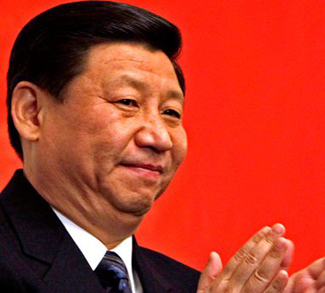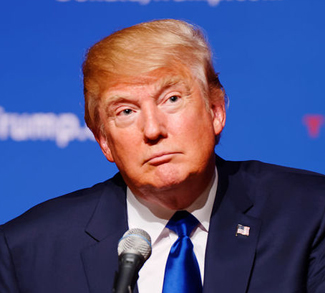Ever since it gained independence from Britain in 1966, the Republic of Botswana has drawn considerable attention from the international community for its post-colonial democratization. Heralded as a role model for its quality public institutions and observance of democratic norms, Botswana remains Africa’s oldest uninterrupted democracy. The country has had just five presidents over the span of 53 years, with a consistent record of free and fair multiparty elections and peaceful transfers of power to boot.
Aided by the absence of civil war and coups, Botswana’s post-colonial transition made the country a developmental anomaly among the Southern African Development Community (SADC) member-states. Whereas fellow SADC states either plunged into civil war (Angola, Mozambique) or engaged in protracted, violent independence campaigns (South Africa, Zimbabwe), Botswana enjoyed economic growth in the 20th century that more closely mirrored emerging markets in East Asia. Adherence to a foreign policy of non-alignment allowed the country to avoid the trappings of Cold War alliances and proxy conflicts that swarmed its region.




